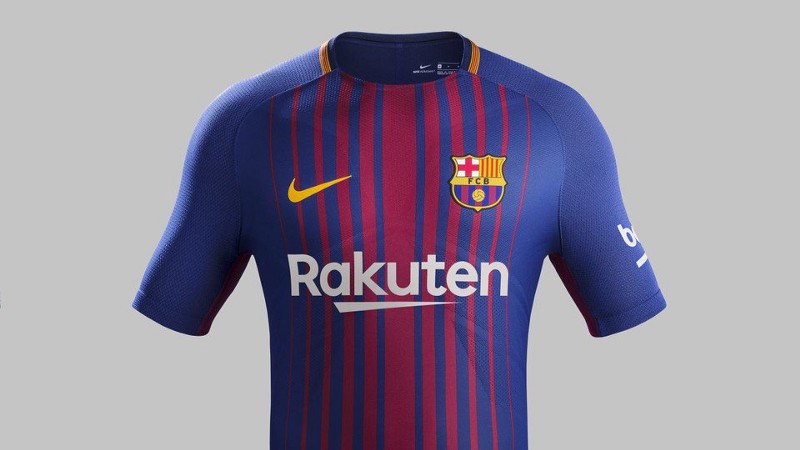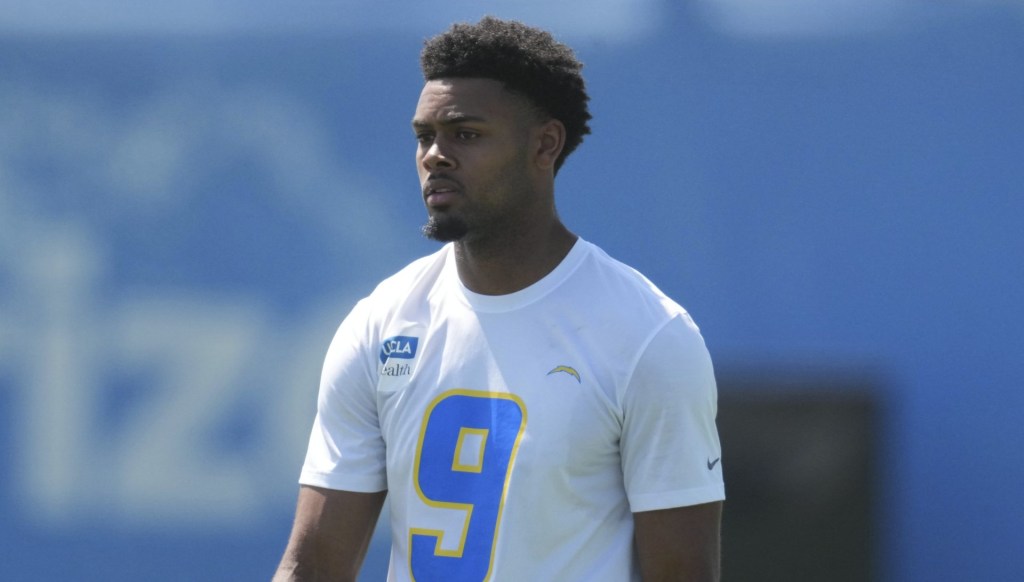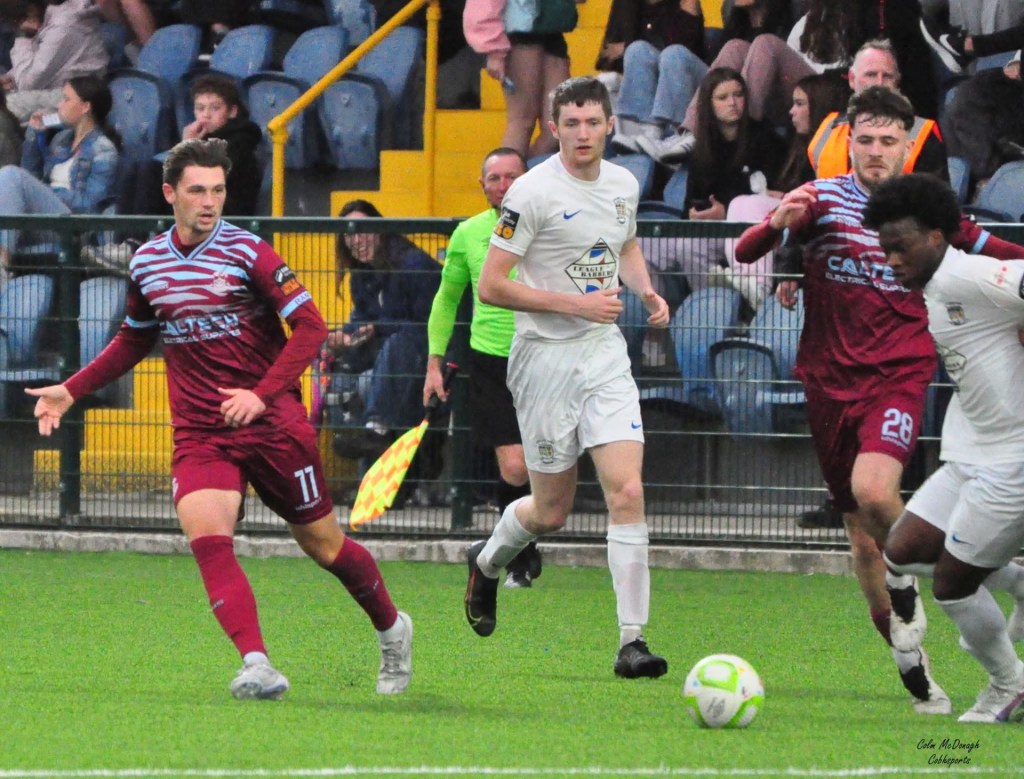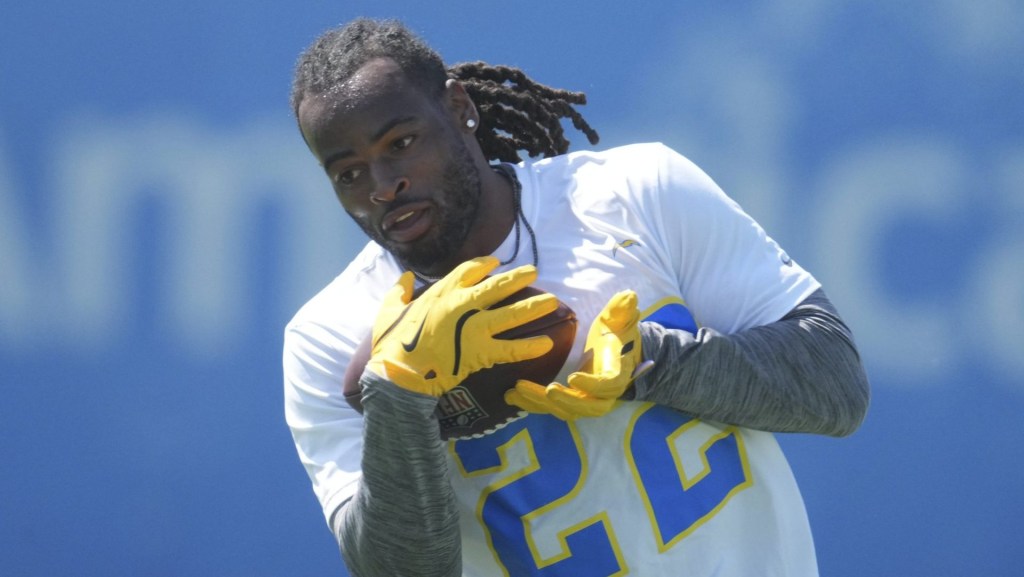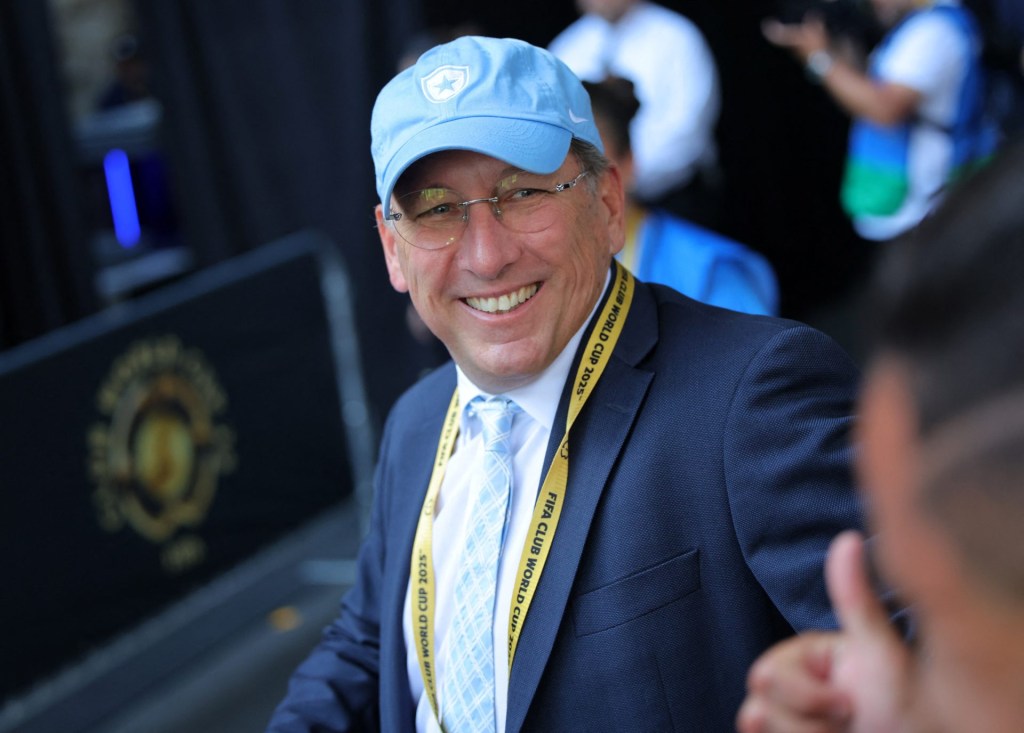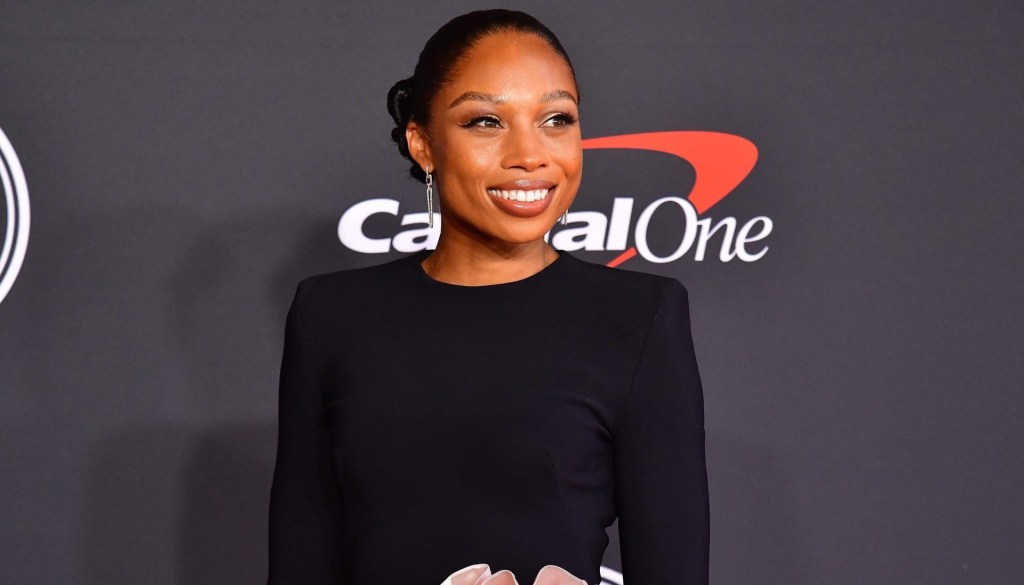A new look and a new sponsor headline the jersey change.
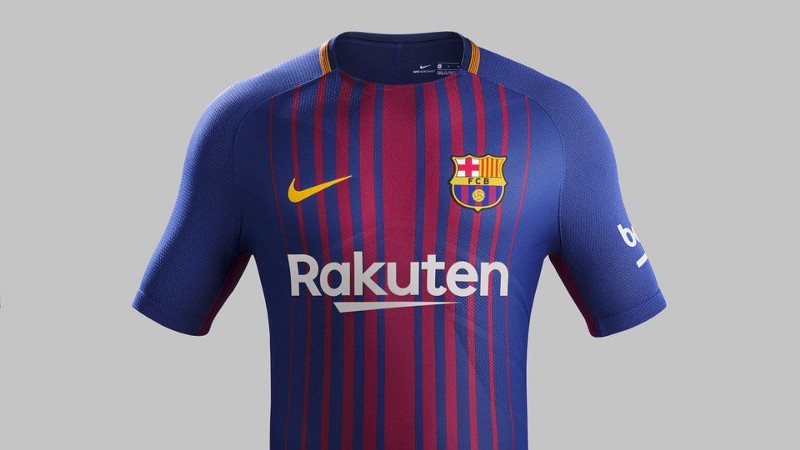
On Monday, FC Barcelona, the newly crowned Copa del Rey champions, unveiled a new home kit for the 2017–2018 season. The new kit is a modern take on the classic Barça uniform and features the most significant updates, to the shirt in particular, in recent history.
Gone are the traditional thick red and deep blue stripes that have historically been a prominent feature of the club’s jersey and in their place is a pattern that Nike, the kit designer, refers to as “an updated interpretation of the traditional Blaugrana stripes.”
The loss of the thick stripes is not the only significant change. The shirt sponsor has changed as well. Rakuten, Japan’s largest e-commerce firm, has taken the place of Qatar Airways, which held the main spot the chests of world-class players Lionel Messi and Luis Suarez since 2013.
Barely a decade ago, Barcelona entered into the shirt sponsorship space for the first time, after resisting the trend that had been growing in soccer for years.
The club’s first shirt sponsor, Unicef, was revealed in 2006 as a part of a unique deal that required Barcelona to donate $2 million annually to the charity — a spin on the traditional sponsorship model.
More recently, though, the club entered into the traditional sponsorship space and its jersey fronts have displayed the name Qatar, first through a partnership with the Qatar Foundation in 2010 followed by a switch to the more recent Qatar Airways in 2013.
Since its debut, the Qatar sponsorship has been a controversial subject. Many felt the country’s name on the Barcelona players’ chests made the legendary La Liga club look like Qatar’s national team rather than a top Spanish team.
Now, however, that concern will be null as Rakuten is officially set to take over the shirtfront from the embattled Qatar Airways on July 1.
The partnership with Rakuten, which was announced in mid-November 2016, was somewhat of a surprise. Rakuten is a dominant company in Asia, a continent where La Liga teams, despite popularity, have always struggled to gain traction with due to the traditionally late broadcasts of its games.
The Premier League, whose game times are generally earlier in the day, has always held more clout in the Eastern continent. That being said, Rakuten felt the investment worthy and thus committed to a four-year, $188 million deal.
Rakuten, already a household name and large sports sponsor in Japan, is likely looking to push forward its brand globally.
Increased brand recognition is an all but guaranteed consequence of this deal due to Barcelona’s presence as a top-tier soccer club around the world.
Next year, Rakuten’s name will enter households across the world through television, and traditional and social media platforms as it is displayed on the chests of some of the most well known soccer players in the world.
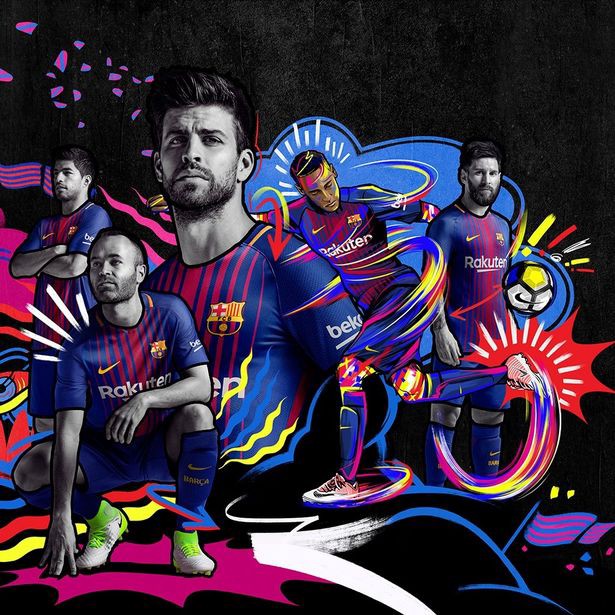
As for Qatar, the loss of the Barcelona sponsorship could have interesting side effects as the country gears up to host the 2022 World Cup. No longer will Barcelona be mistaken for the country’s national team, as former players and fans once feared, instead, Qatar will need to work to cultivate its own soccer identity outside of its association with the Spanish club in the five years leading up to the World Cup.
While the unveiling of the new kit closes one chapter of Barcelona’s history, it opens up another. For the players, in particular, that is exciting.
“Pulling on the new Barça kit for the first time creates a mixture of pride and optimism for the season ahead. It looks and feels like a modern uniform of sport,” Neymar Jr. commented on the new uniforms.
Pride and optimism are two perfect words to summarize what the jersey’s mean to Barcelona.
These words are reflected in the state of the art design and revolutionary Aeroswift technology behind the new kits. Outside of the technological advancements, however, is the sentiment behind the change and what it means for the club going forward.
The words “Força” and “Barça” are detailed into each sleeve, a constant reminder of the club’s power.
More important, though, is the neck collar, which serves as a canvas for part of the Catalan flag, the Senyera, a hugely important symbol to Catalonia, Barcelona’s region in Spain.
Yet the biggest thing newly unveiled jersey represents is change and a willingness to modernize and evolve. For Barcelona, a team with a storied past and unwritten future, that is a necessity.
What are your thoughts on the new Barcelona kits?
Front Office Sports is a leading multi-platform publication and industry resource that covers the intersection of business and sports.
Want to learn more, or have a story featured about you or your organization? Contact us today.
If you liked this, click the???? below so other people will see this here on Medium.

